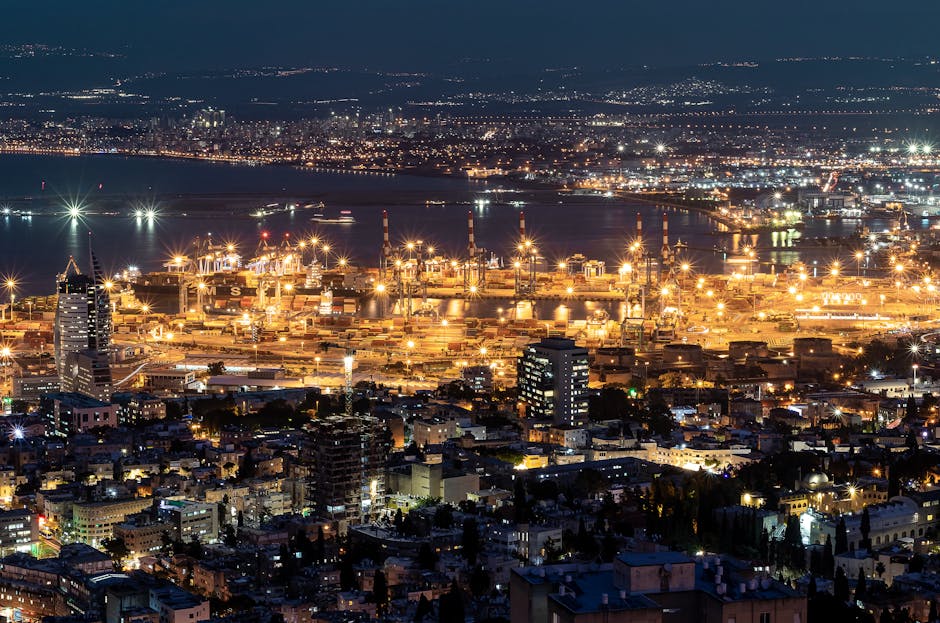Israel-Iran Conflict: Ninth Day of Military Strikes and Faltering Diplomatic Efforts
Israel-Iran Conflict: Ninth Day of Military Strikes and Faltering Diplomatic Efforts

The conflict between Israel and Iran entered its ninth day on June 22, marked by continued military strikes and stalled diplomatic efforts. Israeli airstrikes, targeting Iranian nuclear facilities, missile systems, and military figures, have reportedly killed at least 400 people in Iran, according to Iranian state media, with 54 of the victims being women and children. The Iranian state media also reported the death of Iranian nuclear scientist Isar Tabatabai-Qamsheh and his wife. The Israeli military has confirmed targeting centrifuge production facilities in Isfahan and claimed the elimination of Behnam Shahriyari, a commander of the Quds Force.
Iranian state media reported a total of 430 civilian deaths and over 3,000 injuries. However, the Human Rights Activists News Agency, citing non-governmental sources, reported a higher death toll of 722, including nearly 200 military personnel. In retaliation, Iranian strikes have reportedly killed 24 people and injured over 1,000 in Israel, according to the Israeli Prime Minister’s Office. These strikes included attacks on Haifa.
Diplomatic efforts to de-escalate the conflict have yielded little progress. Meetings involving Iranian Foreign Minister Abbas Araghchi and his counterparts from France, Germany, and Britain in Geneva aimed to revive talks, but Iran reiterated its unwillingness to negotiate with the United States while Israeli attacks continue. President Trump stated that Iran desires direct talks with the United States, giving Iran a “maximum of two weeks” to prevent potential US military action. He also commented that the conflict was “very hard to stop,” expressing conditional support for a ceasefire during potential negotiations.
Turkish President Recep Tayyip Erdoğan criticized Israel’s actions, urging countries with influence over Israel to not heed what he termed its “poison.” He accused Israel of sabotaging Iran’s nuclear talks with the U.S. Pakistan announced its intention to nominate President Trump for the Nobel Peace Prize for his role in resolving a previous conflict between India and Pakistan, a move interpreted by some analysts as an attempt to influence Trump’s decision regarding potential involvement in the Iran conflict.
Russian President Vladimir Putin stated that Russia and the International Atomic Energy Agency have no evidence that Iran is seeking to acquire nuclear weapons, a claim he said he had repeatedly conveyed to Israeli leadership. He added that Russia is prepared to support Iran’s development of a peaceful nuclear program.
The Israeli military described its operations as one of its “most complex” and warned of a “prolonged campaign,” aiming to set back Iran’s nuclear ambitions by two to three years, according to Israeli Foreign Minister Gideon Saar. The United Nations chief, Antonio Guterres, warned of the escalating risks, stating that the world is “racing toward crisis” and a potential “fire that no one can control.”
The U.S. has sought to distance itself from Israel’s initial attack, but Araghchi accused the U.S. of involvement “from day one,” suggesting that the preceding negotiations served as “cover” for the attacks. Evacuations of some American citizens from Israel have been facilitated through a joint effort between Florida and a non-profit organization following the closure of Israeli airspace to most civilian flights.
In conclusion, the Israel-Iran conflict remains highly volatile, with ongoing military actions and a lack of significant breakthroughs in diplomatic efforts. The human cost continues to rise, and the potential for further escalation remains a significant concern.
Disclaimer: This content is aggregated from public sources online. Please verify information independently. If you believe your rights have been infringed, contact us for removal.